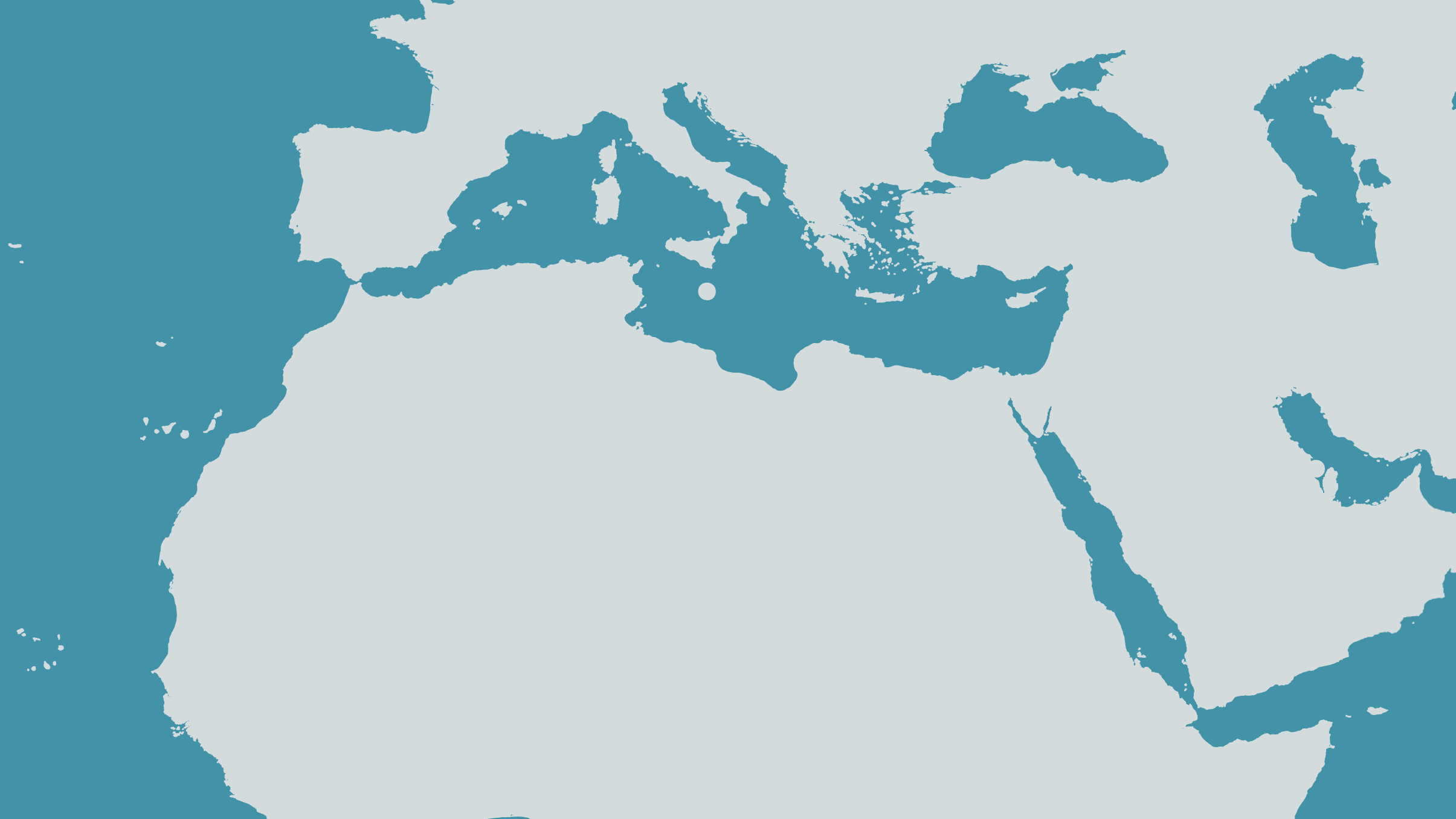Source: Mapchart.net/World
Presented here is a working paper on the findings from cross-regional comparisons conducted by PREVEX project partners across their respective regional domains.
Drawing primarily on PREVEX reports D5.2, D6.2, and D7.2, this working paper attempts to amalgamate findings and present some overarching ideas concerning the occurrence and non-occurrence of VE, through a cross-societal, cross-regional comparative lens. At the heart of the report lies the nexus between detrimental economic conditions and high unemployment, and their alleged possible relation to the rise or proliferation of VE. The ‘red thread’ identified by the authors across the regions with regard to resilience towards VE concerns the relationship between stable and socially-credible governance structures that provide long-term betterment of economic conditions.
Some countries’ successes in preventing violent extremism have had much to do with the countries’ enhanced focus on economic development and the creation of jobs via their engagement in massive infrastructural projects. Examples of such countries include Jordan, Morocco, and Egypt. Yet the underlying condition for any such economic development is always the political stability of the state, the authors argue. This stability rests upon the public’s trust in the state’s governance institutions. The more such trust exists – the more stability is at hand. The more stability at hand – the more possibilities for economic development via infrastructure and job-creation, thus reducing VE.
While tracing the reasons for this macro-level non-occurrence, the paper concludes with lessons and policy recommendations for future EU policies aimed at PVE.




